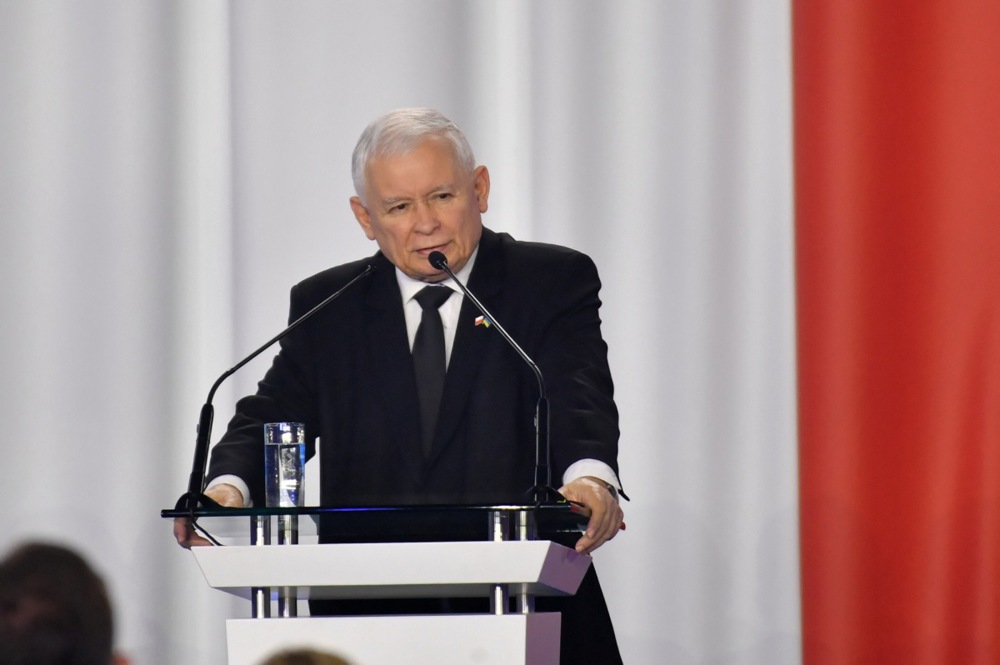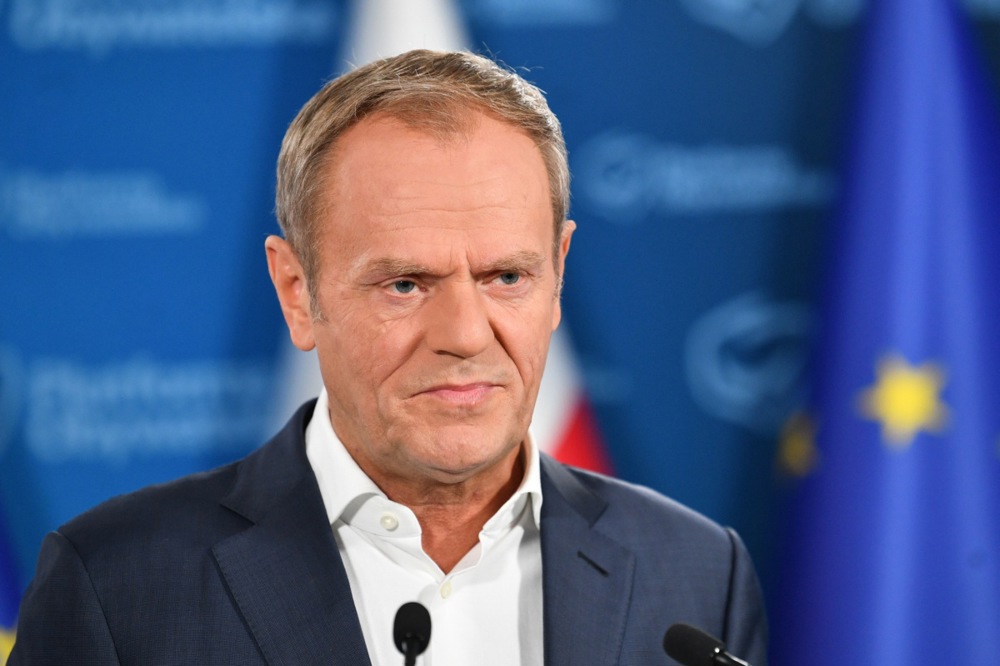Poland’s ruling PiS has forced a resolution through parliament over what is fears would have been foreign interference in the upcoming elections. Germany is the only country mentioned by name in the resolution. But the party seems to have delayed appointing investigators looking into suspected ongoing Russian influence.
The parliamentary resolution states: “Poland regards any foreign interference in the Polish electoral process as an act hostile to the Polish state and will resolutely fight against it.”
It also claims that, since being elected in 2015, the conservative PiS government “has been the subject of constant attacks from groups dominant on the European Union political scene [with] German politicians playing an important role in this action … The politicians of a country in which the democratic system emerged only as a condition of peace talks after the First World War, and was later established by the Allies as a result of Germany’s defeat in the Second World War unleashed by Germany, have no mandate to lecture others on democracy”.
The PiS objected in particular to comments made by German leader of the European People’s Party Manfred Weber who has repeatedly portrayed the party as a threat to democracy and talked about building a firewall against it in Europe while equating the PiS with Marine Le Pen’s National Rally in France and the AfD in Germany.
The resolution passed in parliament declared that such “militant language by politicians setting themselves up as models of Europeanness and the usurpatory nature of any ambition to shape the Polish political scene by external factors and influences is considered an unacceptable interference in the electoral process” and added that this is “contrary to European values, the principle of democracy and national sovereignty”.
The PiS has consistently argued that opposition leader and former prime minister Donald Tusk and his party are under the influence of German political elites who do not hide the fact that they are hopeful that Tusk might return to power. Weber has echoed those sentiments as has the European Commission President Ursula von der Leyen.
Tusk opposed the resolution as being a hostile act towards Germany. He pointed to what he called the ruling party’s hypocrisy by citing the fact that Italian prime minister Georgia Meloni recently said publicly that Poland would benefit most if Poles re-elected the present government.
The ruling party’s campaign to discredit Tusk over Russian influence seems to have taken a backseat for the time being. A commission tasked with investigating such in Poland is yet to be constituted and there are now only two months left of the current parliamentary term.
Efforts regarding Russian influence have not been a political success for the ruling party. The European Union and the US expressed concern that the planned body would be used to attack the opposition and hundreds of thousands had marched in support of Tusk in June. As a result, Polish president Andrzej Duda introduced legislation that stripped the investigative commission of any real powers such as debarring individuals from office
The PiS is now giving more priority to a referendum to be held on the same day as the general election on October 15. Voters will be asked about issues such as the privatisation of state companies, the age of retirement, the EU Migration Pact and the dismantling of the wall on the border with Belarus. All these issues are awkward for Tusk and the party he leads as it has taken stances on these issues that are contrary to general public sentiment.
On August 18, PiS revealed that it would be standing in the election under the slogan, “Secure future for Poles”. The party’s pitch is that it has increased military, energy and social security for Poles and the country should not reverse that by validating the policies of Tusk and his liberals.





